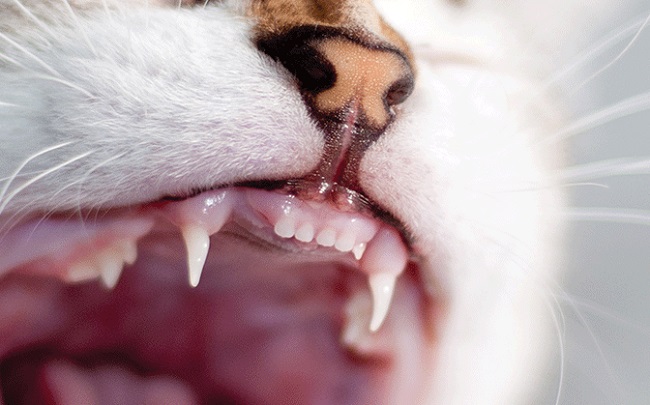Dental health is paramount to your feline friend’s overall health and longevity. One of the most common dental procedures performed on cats is tooth extraction.
While it may seem intimidating, knowing what to expect can help ease concerns and ensure your cat gets the best care possible.
Let’s delve into the cost of tooth extraction for cats, factors that influence this cost, the process, and aftercare necessities.

How Much Does Cat Tooth Extraction Cost?
The cost of tooth extraction for cats can vary significantly based on several factors, typically ranging from $200 to $800 per tooth.
It’s a broad range due to several variables such as the complexity of the extraction, geographical location, whether other procedures are needed, and the individual vet clinic’s prices.
Read Also:
Factors Affecting The Cost of Tooth Extraction Cat
Here are the factors affecting the Cost of Tooth Extraction Cat
Severity of the Dental Issue
The severity of your cat’s dental issue directly affects the cost of the extraction. If the tooth is severely decayed or broken, it may require a more complex extraction process, which could increase the cost.
Geographic Location
The cost of veterinary services, including tooth extraction, can vary significantly based on the cost of living in a specific region. For instance, procedures in metropolitan areas may be more expensive than those in smaller towns or rural areas.
Additional Procedures
If your cat requires additional procedures such as dental cleaning, x-rays, or blood work, this will also impact the final bill. Dental cleanings are usually recommended alongside tooth extraction to prevent future dental issues.
Anesthesia
Anesthesia is typically required for cat tooth extractions, which is a significant part of the cost. The price of anesthesia can vary based on the cat’s size, age, and overall health.
Understanding the Tooth Extraction Procedure
The extraction procedure itself begins with an examination and often an x-ray to understand the tooth’s condition. Your cat will be put under general anesthesia for their safety and comfort.
The veterinarian then performs the extraction, taking care to ensure that all parts of the tooth, including the root, are removed.
Post-Extraction Aftercare and Associated Costs
After the extraction, your cat will likely be prescribed pain medication and antibiotics to prevent infection. These medications will add to the total cost of the procedure.
Your vet may also recommend a special diet or certain pet oral care products to aid in recovery and maintain your cat’s oral health moving forward. These additional products or special foods will also factor into the overall cost.
Read Also:
Conclusion
Understanding the cost of cat tooth extraction can help pet owners prepare for this common procedure. While it can be a significant expense, it’s an investment in your feline friend’s health and happiness.
Regular check-ups and at-home dental care can prevent many dental issues, potentially reducing the need for future tooth extractions. Always consult with your vet to understand the best course of action for your pet’s unique needs.
























